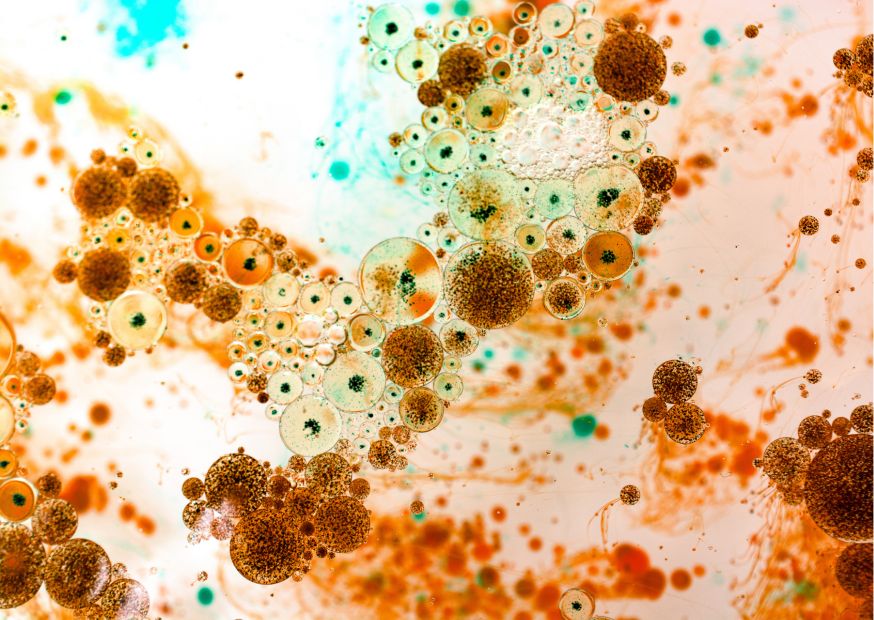We often hear about the dangers of too much sun, but what if your skin has its own way of handling it?
New research reveals a fascinating role played by the bacteria living on our skin in managing our reaction to ultraviolet (UV) rays. By understanding this hidden layer of natural sun protection, we may rethink how we balance sun exposure and skin care. Here’s what the science says—and why it matters for your health.
The secret helpers on our skin
A study published in the Journal of Investigative Dermatology has brought exciting news: some of the bacteria that naturally live on our skin can protect us from certain bad effects of UV radiation. This happens through a specific mechanism involving a molecule called cis-urocanic acid, which is produced in the skin after UVB exposure.
These skin microbes use an enzyme called urocanase to break down cis-urocanic acid, which normally suppresses the skin’s immune function. By reducing its impact, the bacteria help fine-tune the immune response to UV, potentially making sun exposure less harmful than previously thought—at least under moderate conditions.
Why natural sun protection matters
This microbial interaction represents a type of natural sun protection—not by blocking UV rays like sunscreen does, but by regulating how our body reacts to them. It’s a subtle but important difference that adds a new layer to the conversation around sun exposure risks.
The idea is not to replace sunscreens, but to enhance our understanding of how the skin microbiome works alongside other methods of sun safety. This also points to a future where sun protection may include approaches that support or even enhance the beneficial roles of skin microbes.

The microbiome’s role in skin health
Our skin microbiome — the collection of bacteria, fungi, and viruses that live on our skin—is already known to influence everything from acne to wound healing. This study shows it also plays a role in how our skin handles environmental stress, like UV light.
By managing the immunosuppressive effects of cis-urocanic acid, skin bacteria could be influencing inflammation, skin aging, or even responses to treatments like phototherapy. This opens up new possibilities for personalized skin care and prevention strategies.
Probiotics in cosmetic form – the first formulas are here
The growing body of scientific knowledge about the relationship between the skin and the microbiome is gradually making its way into specialist sun care formulas. Recently, the market has seen the introduction of tanning accelerators and enhancers enriched with the so-called Microbiome Photoprotector – a probiotic that supports the skin’s natural microflora. This probiotic stimulates the production of photoprotective molecules that help defend against the harmful effects of UV radiation. The result is improved skin elasticity and the activation of repair mechanisms.
As our understanding of the connection between the skin and its microbiome advances, we can expect to see more microbiome-friendly cosmetics appearing on the market.
Moderation is still key
The study in question reminds us that the skin is not just a physical barrier, but an active tissue working in harmony with microscopic allies. Maintaining this balance may be the key to safe sun exposure.
The message remains the same: enjoy the sun in moderation. While the microbiome provides a certain level of protection, excessive UV exposure still carries risks, such as sunburn, premature ageing, and cancer. Supporting the skin’s healthy bacteria can help, but it doesn’t replace smart sun habits and proper protection.
Source: Urocanase-positive skin resident bacteria metabolize cis-urocanic acid and in turn reduce the immunosuppressive properties of UV radiation – Patra, VijayKumar et al. Journal of Investigative Dermatology, May 2025,
and 7sunscosmetics
